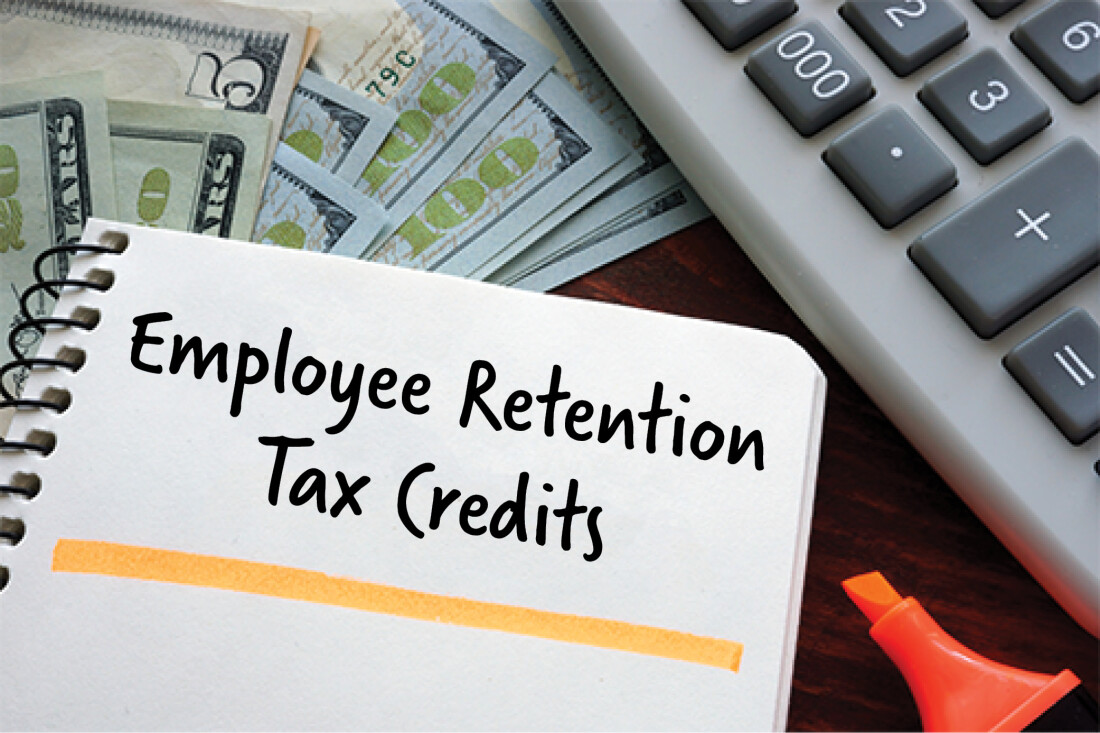1st Q filing alert: Unexpected ways your business may qualify for significant ERTC credits
 by Benjamin R. Bostic
by Benjamin R. Bostic
Even businesses not directly impacted by government-ordered coronavirus shutdowns may still qualify for significant Employee Retention Tax Credits (ERTC) – which you can take advantage of in your 1st Quarter filing.
According to the IRS, ERTC qualification includes businesses that experience a 20 percent or greater decrease in gross receipts during the current or prior quarter than the same quarter in 2019 or had to fully or partially shut down due to government order.
Supply chain issues, weather, and even commodity pricing resulting in your business suffering a 20 percent or more gross receipt reduction may allow you -- in your employer's quarterly Federal Tax Return (Form 941) -- to receive ERTC credits of up to $7,000 per employee, per quarter.
NOTE: Though we are highlighting 1st Quarter filings, keep in mind expanded ERTC eligibility covers payments made between March 12, 2020 through Dec. 31, 2021. In general, allowed costs include wages and compensation subject to FICA taxes and qualified health expenses.
Here are some examples of factors that may open the door to quarterly ERTC filings:
Weather-influenced construction delays: Pennsylvania saw significantly more snow this winter compared to 2019. Contractors and builders that experienced decreased revenues resulting from weather-related closings and delays may qualify for ERTC.
Supply chain issues impacting car dealers, manufacturers, and others: The automotive industry, for example, anticipates an ongoing global semiconductor shortage that may reduce vehicle production and hurt dealer revenue in 2021. Other businesses that experience revenue decreases due to supply chain problems – many caused by the pandemic – may also qualify for ERTC.
Commodity pricing: The demand for lumber is causing increased pricing and shortages in the construction industry, which could impact revenue. On the other side, oil prices fell to record low levels last year and have been slow to return. Businesses that primarily sell goods subject to market fluctuations may find they are eligible for the credit despite seeing no change in volume or net income if their inventory's selling price declined compared to 2019.
The time to act is now
If your business has suffered an overall revenue decline, you will want to talk to your accountant about the ERTC.
Keep in mind that wage and health plan expenses included as part of PPP forgiveness cannot be counted for ERTC purposes because businesses are not allowed to “double-dip” and get credit under both programs for the same costs. However, eligible expenses over a PPP loan – or if you do not receive PPP loan forgiveness – may qualify for ERTC purposes.
- For more information on the latest IRS guidance about claiming ERTC, visit https://www.cpabr.com/article-irs-answers-important-ertc-questions
The Boyer & Ritter team keeps track of the latest developments and is ready to help you maximize the tax credits and other federal or state help to which your business is entitled.
Benjamin R. Bostic, CPA, is a director at Boyer & Ritter with experience providing tax and accounting services for closely-held businesses, individuals, not-for-profit organizations. Reach Ben at 717-264-7456 or bbostic@cpabr.com



